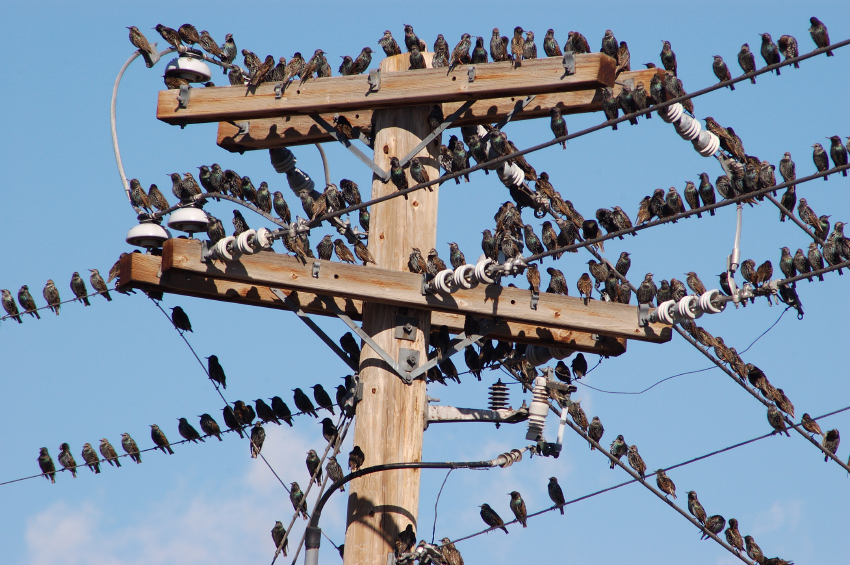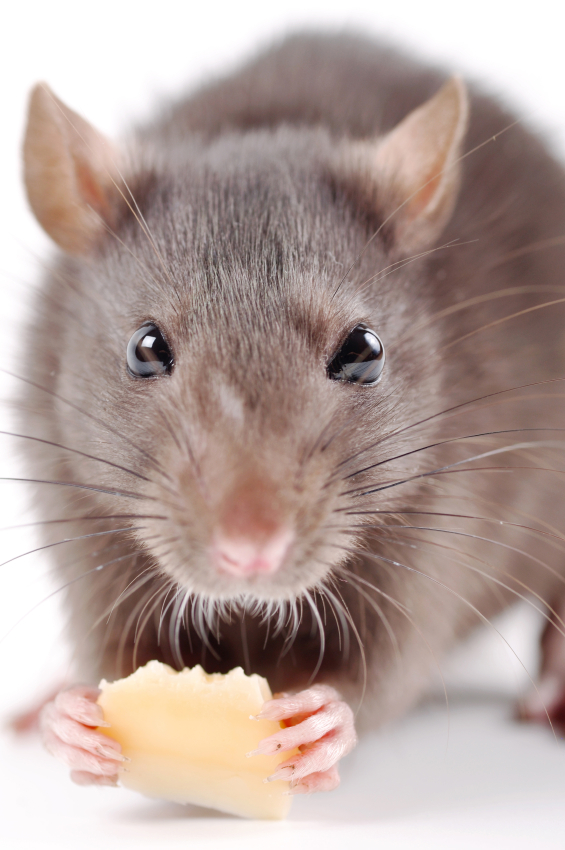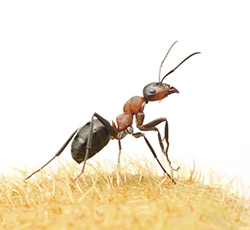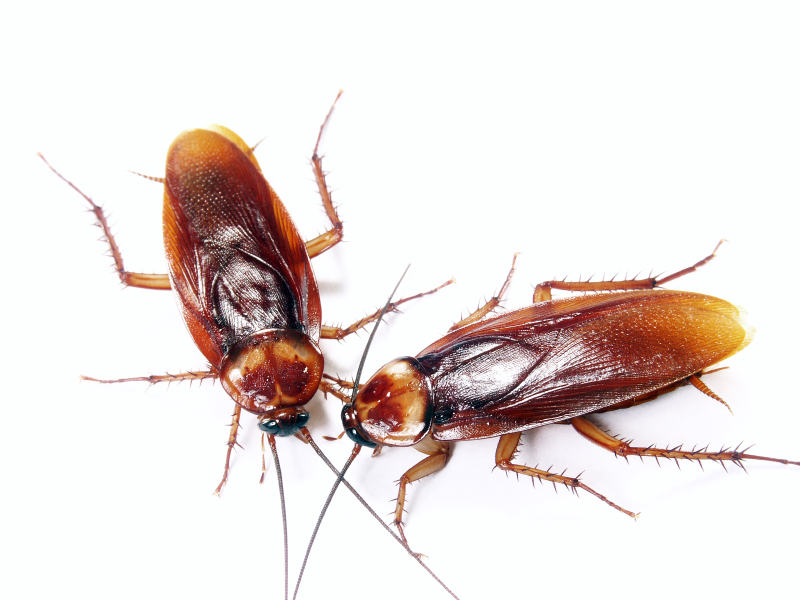As much as we don’t want to admit it, pests are as much a part of the fabric of a home as is the furniture or drapes. That’s not to say your home is infested with pesky mice or disease transmitting cockroaches but a recent survey from the Entomological Society of America tells us we are definitely not alone. The study evaluated the biodiversity of arthropods in homes and found that humans share their houses with more than 500 different kinds of arthropods such as insects, spiders, mites, and centipedes.
Matt Bertone, an entomologist at North Carolina State University and a researcher on the study, says homeowners think their homes are sterile environments but that is not always the case. “Our homes host far more biodiversity than most people would expect,” says Bertone. “We share our space with many different species, most of which are benign. The fact that you don’t know they’re there only highlights how little we interact with them.”
Which pests are most likely to be your roommate?
Researchers went room to room in homes collecting living and dead arthropods and found 579 different arthropod morphospecies (animal types that are easily separable by morphological differences) from a total of 304 different families. On average, homes in the study played host to nearly 100 different arthropod species belonging to between 24 and 128 distinct families. What pests topped the charts when it came to infesting homes? According to the study, the five most commonly encountered pests were:
1. Flies
2. Spiders
3. Beetles
4. Ants
5. Book lice
While the number of creeping, crawling and flying pests may look threatening to homeowners, the reality is most of these pests are merely wanderers who inadvertently gained access to your house through an open window or door or brought in with flowers, plants or packages, and don’t constitute a full-blown infestation. Another point researchers wanted to emphasize was most of these unwanted pests are not equipped to live inside and die off fairly quickly. To read the complete report visit http://bit.ly/1ZKpbIa
For pests such as mice, bed bugs or cockroaches that decide your home is a suitable place for an extended stay, the residential pest management experts at Griffin Pest Solutions have proven solutions for giving them the boot once and for all.
If you have questions on pests call or e-mail Griffin Pest Solutions at 888/547-4334 or callcenter@https://www.griffinpest.com/.






